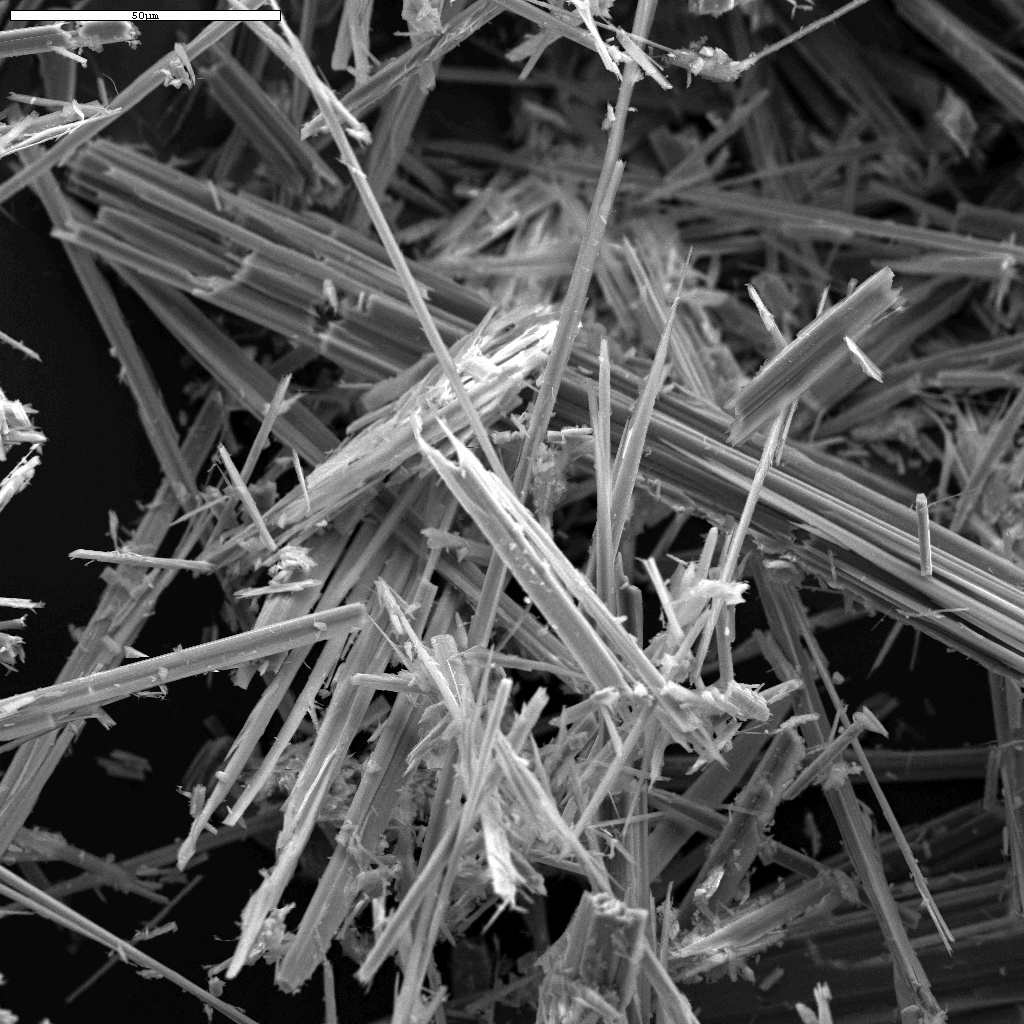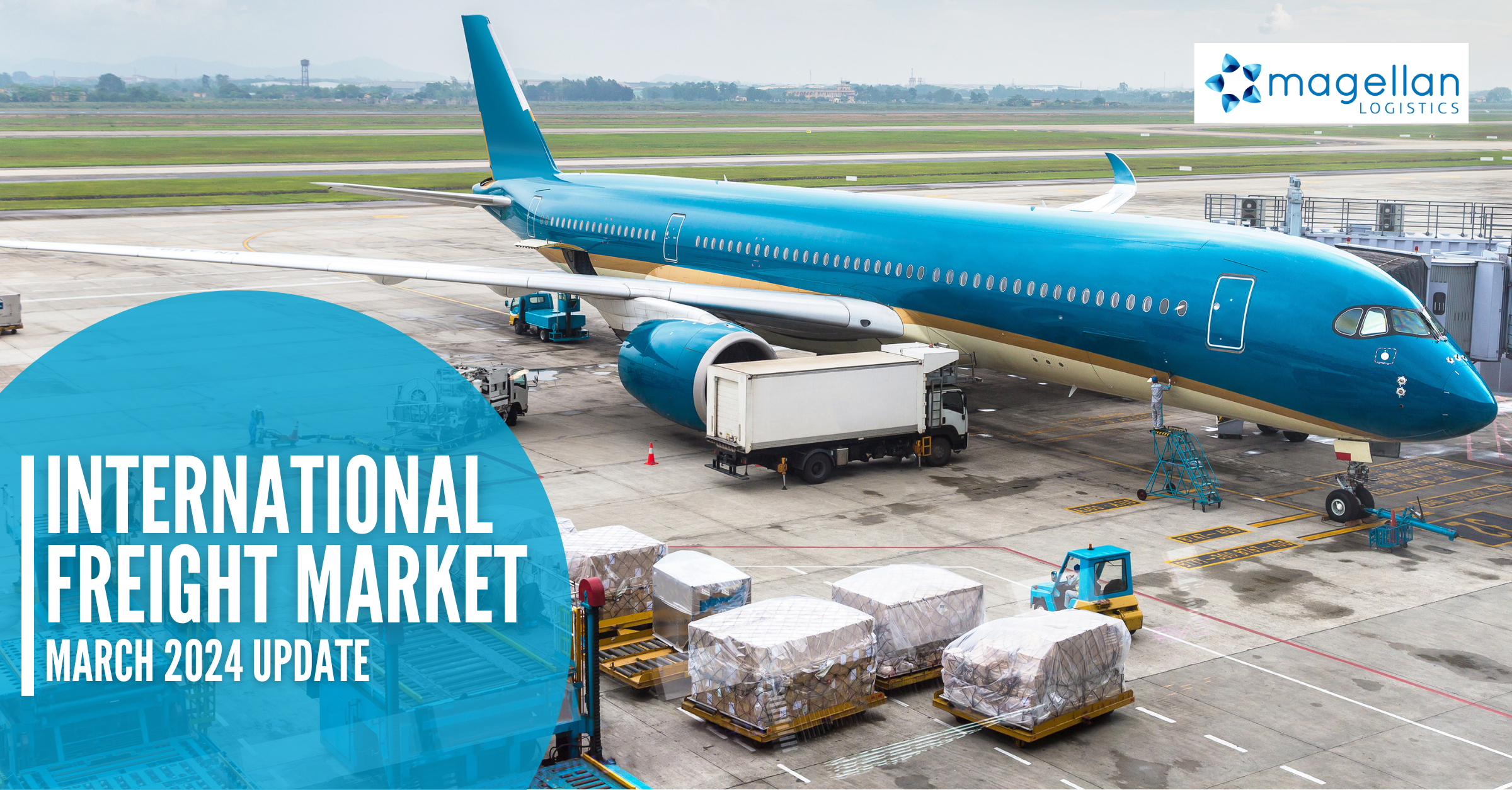Asbestos declarations may not seem like an urgent concern to those of you who don’t import building or industrial materials. Nevertheless, we urge you to spare a couple of minutes and read on. ABF’s recent changes to ensuring asbestos free cargo have already affected importers of textiles, fashion and other retail products. Much to their surprise!
The incidence of community protection questions by Australian Border Force regarding goods containing asbestos has increased significantly. This is due to a recent, high profile and serious breach and in response to a review of procedure.
Under a stricter application of existing regulations, customs brokers will be required to confirm there is no asbestos content in any import declaration line. To do this they must have confirmation from the cargo owner that the owner is certain that the goods are free of any asbestos.
ABF advised that before importing goods into Australia, importers should ensure their supply chain security by confirming with their overseas suppliers that their manufactured goods do not contain asbestos.
Due Diligence
Importers are encouraged to investigate, and where appropriate implement:
- contractual obligations with their suppliers that specify nil asbestos content;
- sampling and testing for asbestos content prior to shipping the goods to Australia; and
- regular risk assessment and quality assurance processes.
Certification
While there is presently no requirement to provide evidence of certification to gain clearance, ABF has confirmed that in order for owners to be certain their goods are asbestos free they must have acceptable certification. The ABF will only accept certification from NATA approved testing bodies or equivalent authorities as satisfactory evidence of asbestos free certainty.
If undertaking testing outside Australia, certification must be provided by a NATA accredited testing laboratory or a recognised equivalent authority. International bodies that NATA has a Mutual Recognition Agreement (MRA) with are:
- Asia Pacific Laboratory Accreditation Cooperation (APLAC) MRA, a regional arrangement with participation by upwards of 20 economies including all of Australia’s major trading partners in the Asia Pacific region. aplac.org
- International Laboratory Accreditation Cooperation (ILAC) MRA, a global arrangement covering all regions. ilac.org
Both organisations provide a list of accreditation bodies and their MRA status on their websites.
Delays and Penalties
You should also note that for any cargo inspected or redlined by ABF the owner will be required to provide evidence of certification. In the absence of certification, the owner could be required to arrange sampling, testing and certification. The importer of any goods into Australia found to contain unauthorised asbestos may be liable to penalties or prosecution.
We are currently experiencing delays in processing Redline documents due to the increase in profiling of commodities for asbestos.
You can read the Asbestos Importation Review by KGH Border Services here. And download the hotly anticipated Border Force factsheet here.
We understand that navigating the complexities and regulations of customs clearance can at times seem a little overwhelming and frustrating. But we also know that gaining clearance in a timely and cost effective manner is critical to your business success.
Magellan Logistics has your back on this and any other customs or freight forwarding topic. If you would like to discuss the asbestos matter with me further please get in touch on 1300 651 888 or via alex@maglog.com.au.













